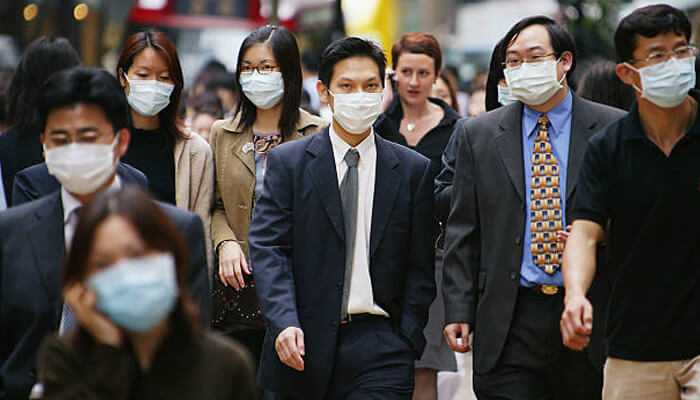In a nod to customary wedding rites, Liang’s pals threw him a party on the day he quit his banking job in the Zhejiang region of China. They also applauded him while playing gongs and drums.
A flower with the words “We’re done with this bullsh*t job!” was pinned to Liang’s chest by his buddies, who had also left their employment.
With tables piled high with food, there were lights, flags, and “double happiness” signs hanging all around them.
The invitation to the party read, “Hope you eat well and drink well, escape from the bitterness as soon as possible.”
Given the uncertain economic outlook and historically high percentage of youth unemployment in China, it may seem unusual to celebrate quitting a solid job with a respectable wage.
But Liang, 27, who is now a content producer while running a café, claimed that since quitting in May, he has gotten happier, a claim that was made online by numerous other people in like situations.
For concerns of privacy, Media outlet is using a pseudonym to refer to Liang.
On Chinese social media this year, there have been hundreds of posts about resignation parties as the nation slowly comes out of its COVID-19 cocoon and deals with the economic and social ramifications. The majority of those taking part in the trend are in their 20s, and they give a variety of excuses for quitting, from low pay to burnout.
According to Maimai, China’s version of LinkedIn, 28% of the 1,554 employees across various sectors who were polled from January through October 2022 left their jobs during that year. For those who planned to quit but hadn’t done so yet, the number increased by double.
In the United States, a comparable movement known as the Great Resignation had gained momentum, resulting in about 50 million Americans resigning their employment in just two years. In contrast to how the phenomenon is waning in the West, it appears to be just getting going there.
Young adults who have spent their lives competing against one another in academic settings and moving up the corporate ladder but receiving little satisfaction are particularly disenchanted.
The Rat Race In School
With years of after-school tutoring and stressful exams leading up to the dreaded “gaokao” college entrance exam, which most students only get one chance at, many Chinese youngsters start the scholastic rat race at an early age.
Many people grew up in an era when the economy was booming and the future looked bright. But because they are the offspring of the one-child policy, which was only recently modified as government officials sought to reverse the declining birth rate, they have had to contend with strict parental expectations and a harsh system of competition.
Less Employees?
The fact that the labor market mismatch is likely to persist over time is bad news for the economy, which is already struggling on a number of fronts.
China’s fertility rate has been declining for years, which results in fewer births and a smaller population of adults who are of working age. The old population of the nation is aging quickly, which is driving up the cost of health care, pension financing, and other welfare programs.



